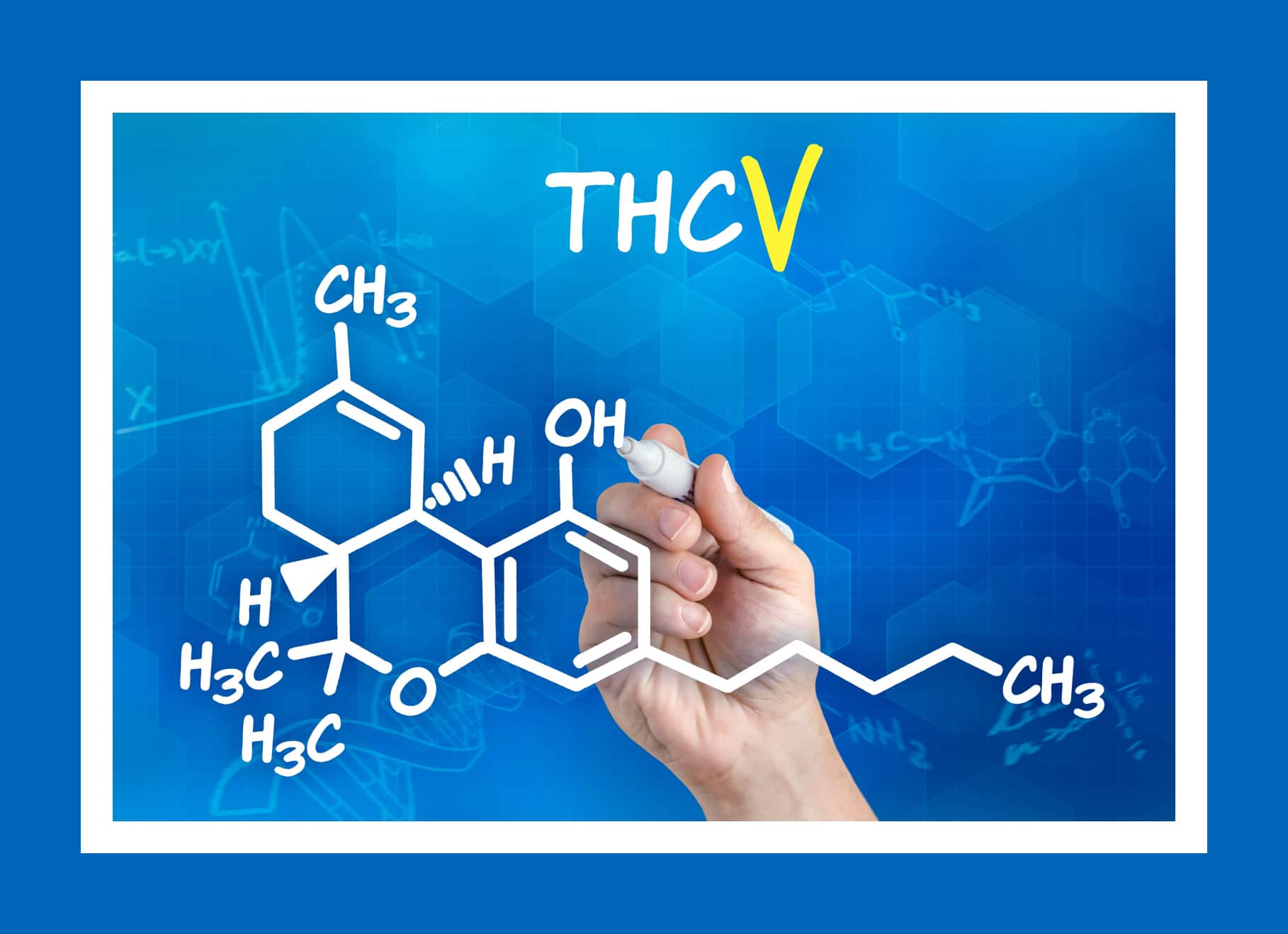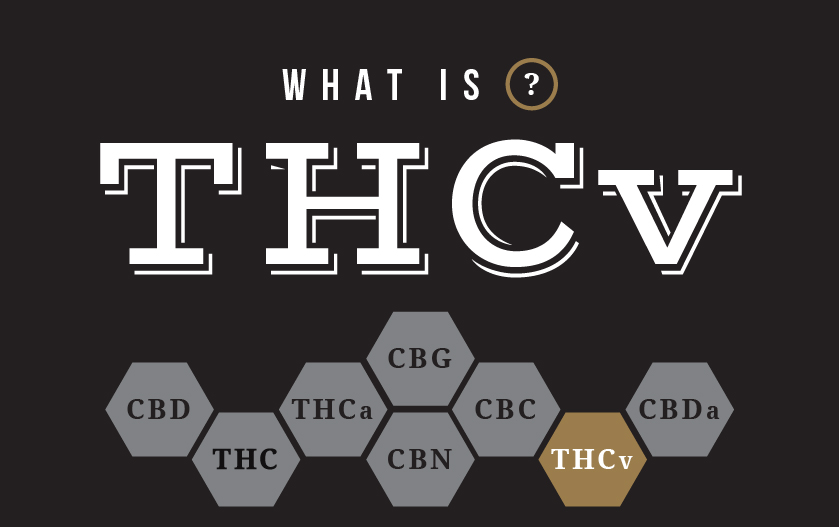Tetrahydrocannabivarin (THCV) is a cannabinoid substance found in cannabis and hemp plants. It's chemically similar to tetrahydrocannabinol (THC) but with some essential distinctions. Here's whatever you require to understand about THCV including the dangers, advantages, differences, and resemblances with other forms of THC and more. What Is THCV? THCV is a less typical cannabinoid found in some strains of marijuana, particularly African sativa.
 THCV: What are the Benefits; Does it Get You High? - Vaping360
THCV: What are the Benefits; Does it Get You High? - Vaping360
 THCV Strains: 11 Interesting Health Benefits You Should Know
THCV Strains: 11 Interesting Health Benefits You Should Know
 What is THCV? Cannabis Glossary Leafly
What is THCV? Cannabis Glossary Leafly
THCV has a 3-carbon side chain rather than THC's 5-carbon side chain. This difference is subtle, but it has a visible effect on the result profile. THCV is somewhat psychedelic but just about and about. What Does THCV Feel Like? THCV has a strong energy-boosting element to it, which makes it particularly popular amongst students and professional athletes.
In the United States, THCV guideline is nuanced. THCV is not a Schedule I Drug, but marijuana extracts are making it rather uncertain what the federal position is on THCV. The 2018 Farm Expense mentions that hemp Have a peek here plants and all derivatives of the plants are legal on a federal level, so numerous companies follow this law and still provide THCV to consumers by just extracting the compound from hemp plants.
If THCV is thought about a THC analog, it could be managed in the future by the same rules as THC under the Federal Analog Act. This act states that any substance that shares a comparable molecular profile as a known forbidden compound it's consisted of in the exact same drug Schedule classification.
What Are the Results of THCV? Proponents of THCV report that it produces Additional resources an intense burst of energy and makes them feel blissful without the mental cloudiness triggered by THC. The results are extremely moderate compared to THC. The effects are nearly specifically cognitive yet somehow have very little effect on how to use cbd oil high cbd and thcv headspace.
2. THCV & Appetite Some THCV users declare that it curbs their hunger. This is a common impact of other focus-enhancing substances. It's as though THCV eliminates the interruption of other bodily procedures (like cravings) in order to preserve resources and attention to cognitive jobs rather. How Does THCV Work? Cannabinoids produce biological results in the human body by connecting with endocannabinoid receptors.
CB1 receptors lie in the nerve system and communicate with neurotransmitters in the brain to produce mind-altering effects. Interaction with CB1 sites is what offers some cannabinoids like THC their psychoactivity. THCV is a bit challenging to how much thcv in dutch treat haze comprehend because it's mostly a CB1 villain, indicating it has the opposite impact as THC.
While researchers are still looking for to understand this procedure, it appears THCV has the ability to obstruct the impacts of CB1 in low dosages and promote them in high doses. CB2 receptors are discovered mainly in the body immune system. THCV is a partial agonist of CB2, but the impacts of this partial activity aren't well-known, and it seemingly has no discernible impact on THCV users' experience.
As mentioned in the previous section, THCV is a CB1 antagonist in low dosages which is the specific opposite result of delta 8 and delta 9 THC. This might imply that THCV neutralizes some of the psychoactive impacts of THC. This result might discuss why people who use THCV feel so clear-headed specifically compared to the notorious "fogginess" caused by delta 9 THC.